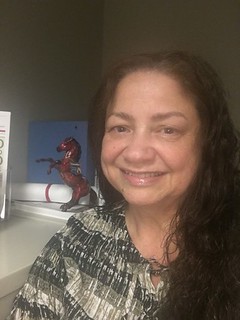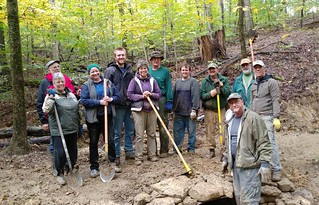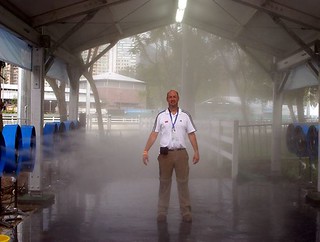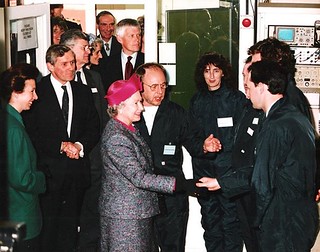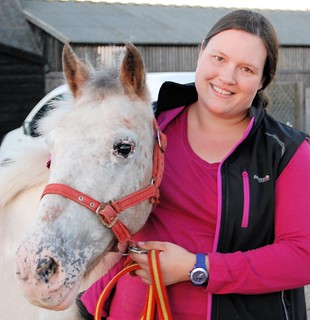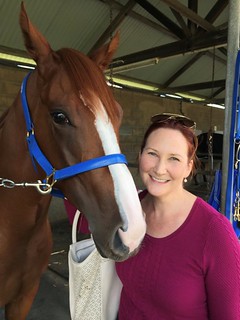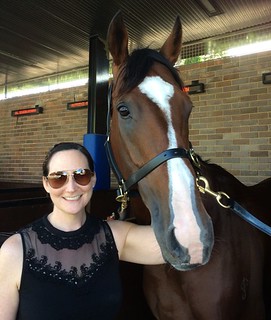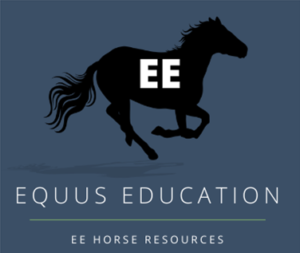“I’ve loved horses ever since I was a kid, and from the very first riding lesson I ever took, I was hooked. In college, my love of horses helped me discover my major: Agricultural Communications with a minor in Equine Science. My first job out of college was running the communications department for the world’s largest single breed horse show, the All American Quarter Horse Congress. Now, as the founder of The Printable Pony — a blog and Etsy store dedicated to providing stylish and economical solutions for equestrian enthusiasts — I’m putting my degrees to good use!”
How much of your day/week is related to horses?
Currently I spend about 15 hours per week writing blog posts, developing new products and staying up to date with the hunter/jumper industry. Plus, I’m at the barn to ride my horses at least 5 days per week. Being able to have the flexibility to ride is one of the best things about being an entrepreneur!
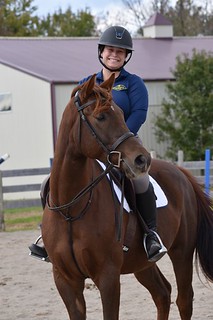
What is it exactly that you do?
The Printable Pony is primarily a blog, where I chronicle my journey as an adult amateur showing on the local A circuit in hunter/jumpers. I also have an Etsy store where I sell printables and stationery to equestrians just like you and me! A typical day includes research and writing blog posts, brainstorming and creating new products, designing graphics and also planning social media content. Plus, I read a lot about the industry as a whole.
In this field of work, is it possible to be a full time professional and earning a liveable income?
I know several bloggers as well as Etsy store owners who do earn a full-time living! Currently, The Printable Pony is in its start-up phase. While it’s growing quickly, it’s not quite profitable enough to provide a full-time income (horses are expensive!). One day, I hope it will though! And as I said above, a lot of the skills I use to run my business today I learned from my degree in Agricultural Communications and minor in Equine Science (which did get me a full-time job doing a lot of what I do now). So I definitely think it’s possible!
What are the general steps taken to be employed in such a role?
Persistence. Dedication. Creativity. Don’t give up because it’s tough and don’t let failure stop you from continuing to innovate!
Favourite horse memory?
The day I bought my very first horse — he was a 16th birthday gift from my parents and ensured that my love of horses didn’t fade throughout high school, college and beyond. He taught me so many life lessons. My time with my first horse, Visa, turned me into the person I am today!
Future goals?
Keep trying new things to make The Printable Pony a fun, creative space for me, as well as my fellow equestrians. And to enjoy the journey, both in and out of the saddle!
Best thing about your sport/profession?
The amazing people you meet — so many equestrians are hardworking, intelligent and generous. I am so blessed to be among such talented and driven men and women every day!!
